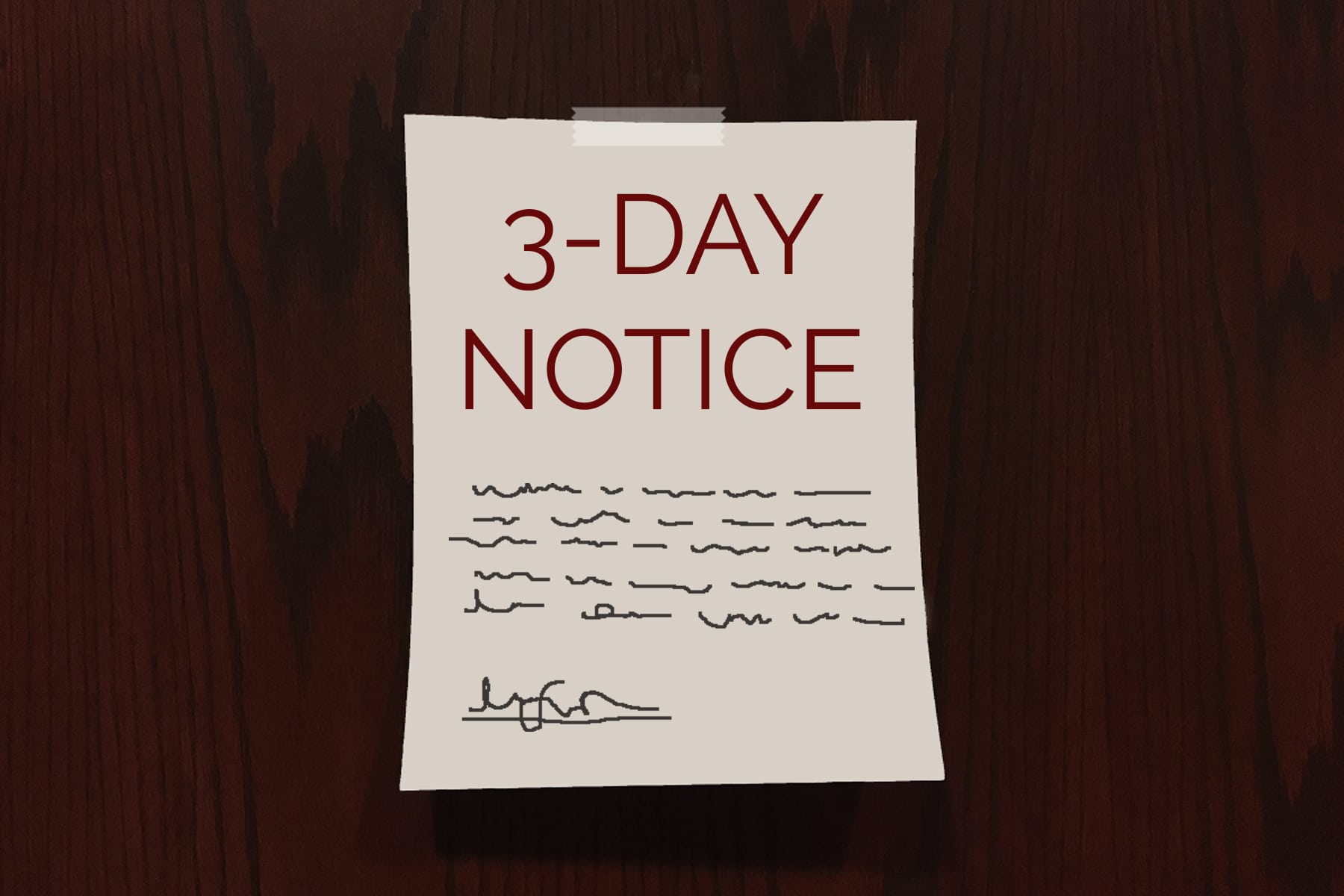

Updated on August 3, 2023
Proper service of a valid notice to pay rent or quit is a prerequisite to an unlawful detainer action. (Bevill v. Zoura (1994) 27 Cal.App.4th 694, 697). “Because of the summary nature of an unlawful detainer action, a notice is valid only if the lessor strictly complies with the statutorily mandated notice requirements.” (Id. (emphasis added)). In fact, proper service of a notice to pay rent or quit is a necessary element of the UD Claim. (See CACI No. 4302 [“To establish this claim, [plaintiff] must prove all of the following: …. That [plaintiff] properly gave [defendant] three days’ written notice to pay the rent or vacate the property”; See also CACI No. 4304 (Sufficiency and Service of Notice of Termination for Failure to Pay Rent)).
The unlawful detainer statutes have strict requirements governing the timing and methods of service of the notice on the tenant. The rules are different for commercial leases, however, because “[i]n commercial leases the landlord and commercial tenant may lawfully agree to notice procedures that differ from those provided in the statutory provisions governing unlawful detainer.” (Culver Center Partners East #1, L.P. v. Baja Fresh Westlake Village Inc. (2010) 185 Cal.App.4th 744, 750 (emphasis added)).
If a commercial lease specifies its own rules regarding the method and timing for service of notices on the tenant, the Lease rules govern and supersede the UD statutes. (Hignell v. Gebala (1949) 90 Cal.App.2d 61, 67 (lease provision for notice on tenant by registered mail with 15 days notice)). “[T]hat parties may, in their lease, provide for the termination thereof upon notice different from and superseding that prescribed by the Code is well established.” (Id. at 67 (emphasis added)); Accord Folberg v. Clara G.R. Kinney (1980) 104 Cal.App.3d 136, 140 (“The parties could lawfully agree to notice requirements different from and superseding those contained in [CCP] section 1161 because the lease was commercial rather than residential.”)).
In summary, the notice requirements in a commercial lease trump the notice requirements set forth in the Code of Civil Procedure for commercial unlawful detainers.
To see if you qualify for a consultation on your commercial unlawful detainer, contact us at (310) 954-1877, [email protected] or by filling in our contact box.
Also Read